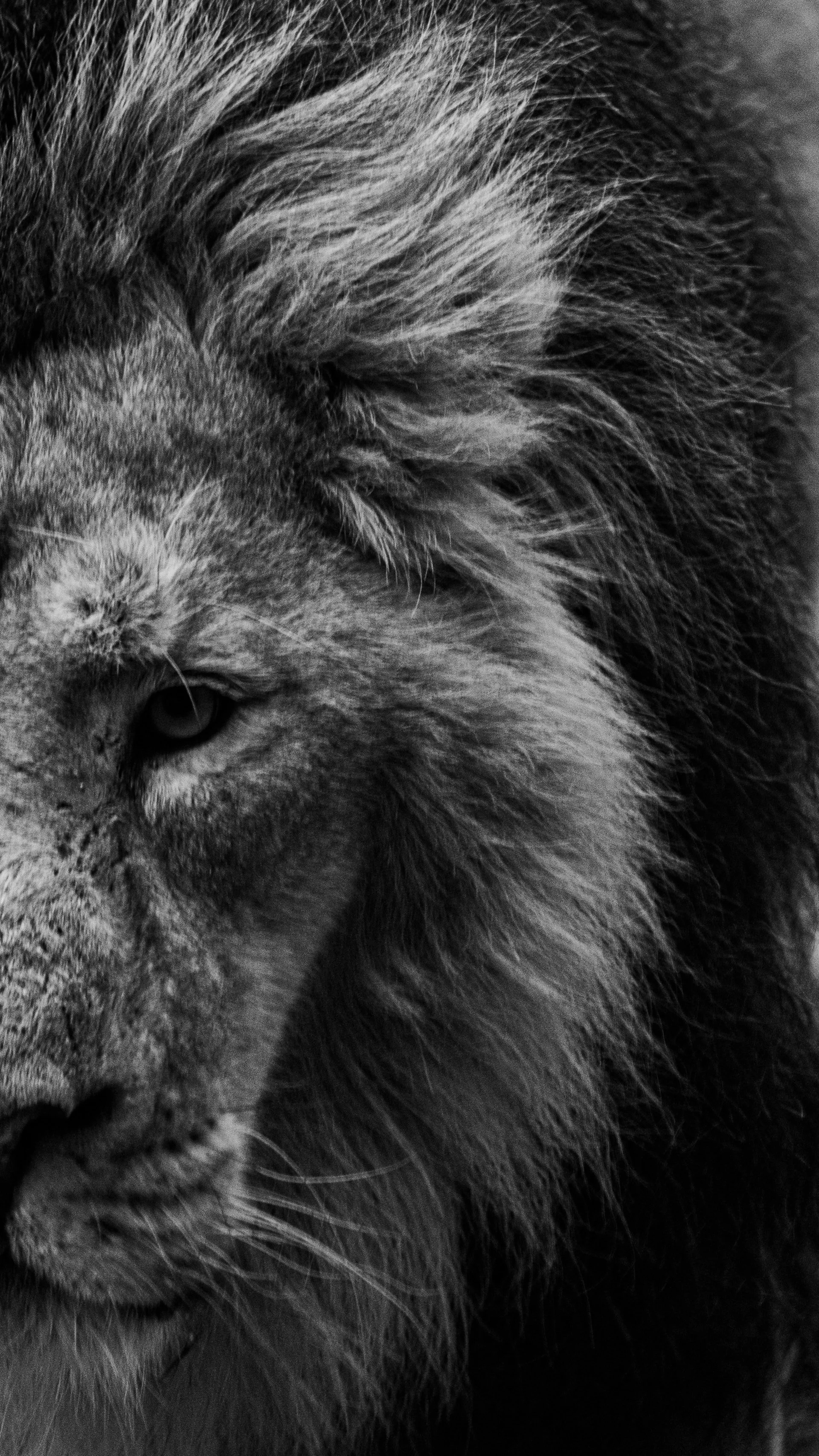The Heart of Cain
“The Lord looked with favor on Abel and his offering, but on Cain and his offering he did not look with favor. ”
Cain and Abel. For anyone who grew up in church, hearing these names brings up the well-known story about the two brothers. With Abel being the “good” brother, and Cain very obviously the evil one, they are the antithesis of each other. In one brother, we see the extent that the fall had on God’s creation: jealousy and anger leading to murder—murder of one’s own brother. In the other brother, we see that despite the fall, one could still live a righteous life. We might be quick to say that this is a story about brotherly discord, but in reality, God is giving us a portrait of two types: the righteous and the unrighteous. We have much we can glean from the, albeit minimal, information about Abel, the righteous one, but interestingly enough, the telling of the story focuses on Cain, the unrighteous one, and his interaction with God.
Genesis 4 tells us that
3 In the course of time Cain brought some of the fruits of the soil as an offering to the Lord. 4 And Abel also brought an offering—fat portions from some of the firstborn of his flock. The Lord looked with favor on Abel and his offering, 5 but on Cain and his offering he did not look with favor. So Cain was very angry, and his face was downcast.
When we first read this passage and are trying to figure out where Cain went wrong, we tend to focus on the sacrifice of Cain (his harvest), but if we consider the Scripture, a more important principle reveals itself. I think it's fair to say that our actions are based on the contents of our heart. Our actions reveal that which is in our hearts. So, Cain’s sacrifice speaks from his heart. God was displeased with Cain’s sacrifice because his heart was not in the right posture.
The Word of God is clear that God looks at our heart and is concerned about our thoughts and intentions. God gets to the heart of the issue, or rather He sees our hearts in the issue. In His sermon on the mount, Jesus further emphasizes this point when He speaks of murder and adultery ultimately stemming from our hearts and our guilt lies therein.
So, could it be that the crops that Cain brought were not so much the problem as the heart in which he brought them? As we explore the text, we’ll see the root of Cain’s sin is pride. Cain’s pride is what displeased God, not his produce.
We have to take a moment here to compare Cain’s offering with Abel’s. We learn in Hebrews 11:4 that Abel’s offering was done in faith and that God was pleased with it. Hebrews 11 also tells us that “without faith it is impossible to please God.” Cain’s offering lacked faith. Faith isn’t so narrow as just the belief in the existence of God here. Cain had a conversation with God, so he knew he existed. Faith is, in approaching God, saying that we trust that His ways are the right and good way of doing things. And doing this requires humility. The Bible tells us that when we approach God in humility, He will not reject us. The author of James tells us that “God opposes the proud, but shows favor to the humble” and Psalm 51:17 tells us
The sacrifice pleasing to God is a broken spirit.
You will not despise a broken and humbled heart, God.
Cain not only lacked faith, but his offering shows us his lack of humility. He approached God with fruit from his own efforts and he believed those efforts worthy of God.
Cain’s reaction to God’s displeasure is further evidence of the pride hidden in his heart. If Cain’s heart had been in the right place, he would have sought to have brought the right sacrifice in the first place. If he had brought his (wrong) sacrifice in ignorance, then when he saw God was displeased, he would have sought to do better. Cain’s anger and displeasure are indicators that he wasn’t really trying to please God, but rather wanted God to applaud his efforts and be pleased with him with whatever he brought as a sacrifice. We see a certain arrogance in Cain that God should consider the fruit of Cain’s labor worthy. This is a dangerous way to approach God. When we come before God, we have to acknowledge that nothing we could ever do or be is worthy of Him.
One of the things I noticed while I was reading is that Cain was in the presence of the Lord. We see that God was involved in Cain’s life. When God saw Cain’s downcast face, He, in His kindness, disciplined Cain the way a parent would discipline a child:
6 Then the Lord said to Cain, “Why are you angry? Why is your face downcast? 7 If you do what is right, will you not be accepted? But if you do not do what is right, sin is crouching at your door; it desires to have you, but you must rule over it.”
Rather than looking inward and addressing his heart, he became angry with Abel. Pride leads us to compare ourselves with others. In comparing his reproof from God to God’s pleasure with Abel, maybe Cain became ashamed. (Pride and shame are two sides of the same coin.) God’s warning played out exactly as He said it would: this sin of pride, unaddressed, led Cain to commit murder. Rather than ruling over it, it ruled over him.
God came to Cain a second time:
9 Then the Lord said to Cain, “Where is your brother Abel?”
“I don’t know,” he replied. “Am I my brother’s keeper?”
By asking Cain this question, He was giving him an opportunity to repent. Cain could have responded by confessing his sin, but the pride that had taken root in his heart led to an insolent response, evidencing his lack of fear of God. I wholly believe that if Cain had repented then his story would have ended differently. Instead, his unrepentant heart caused him to be banished from the presence of God and he became a restless wanderer.
When Cain heard his punishment, he said:
13 …“My punishment is more than I can bear. 14 Today you are driving me from the land, and I will be hidden from your presence; I will be a restless wanderer on the earth, and whoever finds me will kill me.”
He doesn’t exactly say he’s sorry, or express regret over his sin against God. Rather, he seems sullen that he was punished. 2 Corinthians 7:10 says “for the kind of sorrow God wants us to experience leads us away from sin and results in salvation. There’s no regret for that kind of sorrow. But worldly sorrow, which lacks repentance, results in spiritual death” (NLT). Cain’s sorrow lacked repentance and he lived the rest of his life apart from the presence of God.
So how can we learn from Cain? What lessons does he give us?
For those who have not placed their faith in Jesus Christ, the consequences to not yielding to God is serious–it’s an eternity out of His presence. Do not miss the opportunity to repent. God, in His kindness, is faithful to forgive us when we come to Him trusting in the finished work of the cross.
For believers, the sin of pride can still have disastrous effects on our life. Proverbs 21:4 says that haughty eyes and a proud heart are the unplowed field of the wicked and that they produce sin. We see this play out in Cain’s life and we will see it in our own lives if we are not diligent to guard our hearts against pride.
Cain brought a sacrifice from his own work. Where are you coming to God with fruits from your own efforts and expecting Him to be pleased with your sacrifice? Faith remembers that God is pleased with us through the work of Christ on the cross and no action of our own will ever be worthy of Him.
Cain became jealous of Abel. When you see God’s favor and blessing on others, are you jealous? Do you compare your actions and efforts to theirs and feel you deserve the same or more? Anytime we use the words deserve, or earned, with God, we are forgetting that it is the riches of His grace that blesses us.
Cain did not repent when God corrected him. When God disciplines you, do you address the issues in your heart and repent? The real danger of pride, apart from the sin it leads to, is that we tend to justify our bad behavior and remain unrepentant.
Why would God take the time to focus on Cain? He wants us to learn from Cain. He wants us to see the consequences of pride and unrepentance, so we do not end up like Cain. Let’s look at an example in the Bible of someone who repented well. David, too, was rebuked by the Lord for his sin–the same sin as Cain–murder. But, unlike Cain, David humbled himself and repented when confronted. We have the privilege of seeing his heart in the Psalm he wrote.
10 God, create a clean heart for me
and renew a steadfast spirit within me.
11 Do not banish me from your presence
or take your Holy Spirit from me.
12 Restore the joy of your salvation to me,
and sustain me by giving me a willing spirit.
David understood that the root of his sin was his heart. When God gave him the opportunity to repent, he rightly recognized his sinful nature and threw himself upon God’s mercy. In humility, he acknowledged his unworthiness before God. In doing so, he knew that God, and God alone, would make him a new heart and cleanse him of his sin.
If God is concerned about the condition of our hearts, the most important thing we can do is pray for the condition of our hearts and be vigilant that pride does not take root in our hearts. And when we pray prayers like David in Psalm 51, we are positioning our hearts rightly. We need to recognize our unworthiness before God, acknowledge that we have nothing to offer but a broken and contrite heart, and rely on His mercy, grace, and faithfulness to purify us. This is the life of faith that Cain missed out on.












